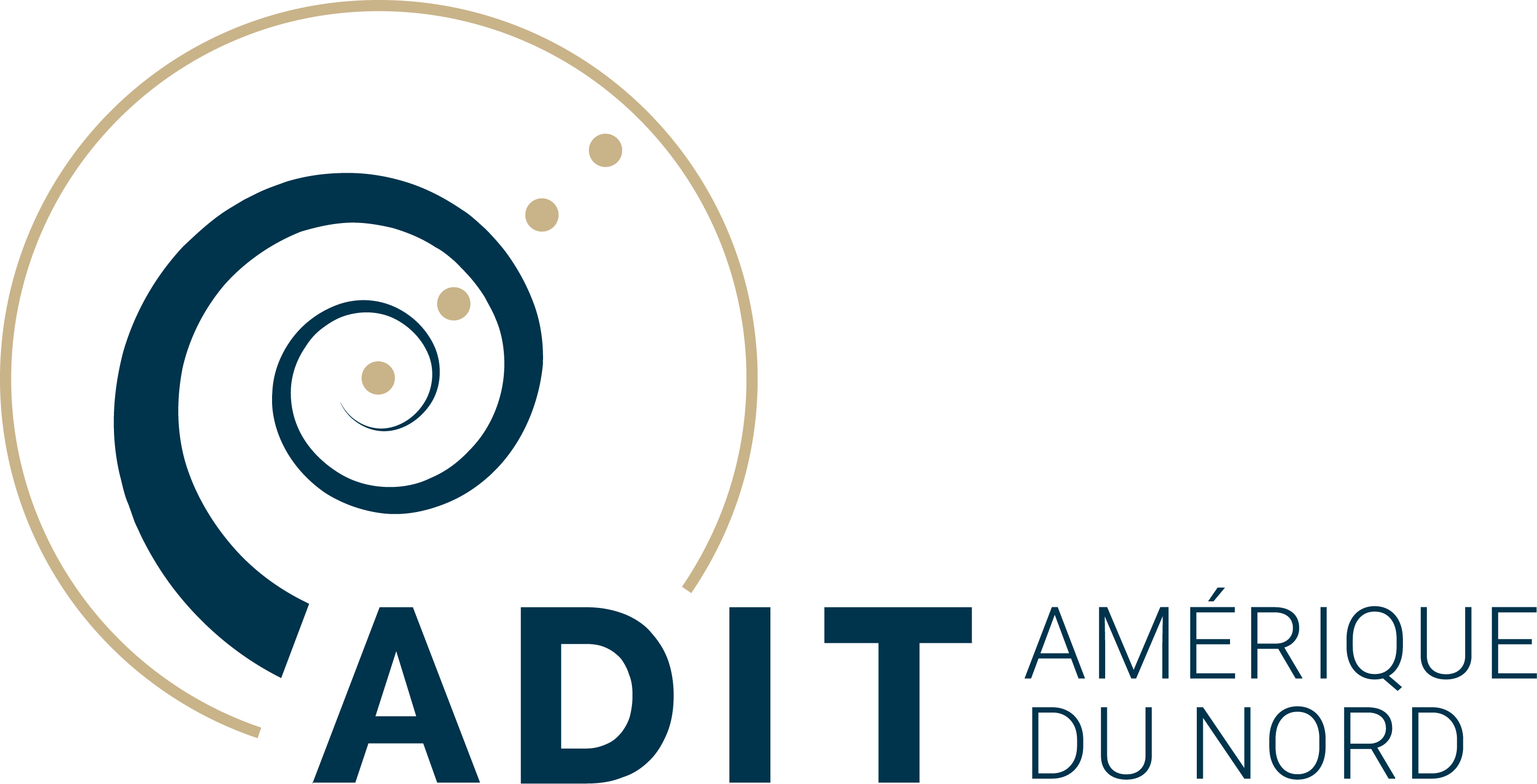Erin O’Toole is the president of ADIT North America and the former leader of the Conservative Party of Canada.
The idea of investing based on environment, social and governance, or ESG, factors is having a crisis, becoming embedded in culture wars in the United States.
In June, respected institutional investor Larry Fink, the chief executive officer of BlackRock, vowed to stop using the ESG term in their investment strategy after its politicization led to capital flight. BlackRock was getting “cancelled” because of ESG, and it wasn’t worth their effort to fight back against voices claiming ESG was evil. Weeks later, Elon Musk joined the cancellation chorus when he declared ESG to be “communism rebranded.”
It’s a sentiment that’s already spreading across the Western world. But rather than Western democracies fighting amongst ourselves about ESG, we could be leveraging its measures to advance our broader geopolitical interests, such as rebalancing global trade in our favour.
ESG presents the democratic world with an opportunity to use some of the best aspects of free-market capitalism as a bulwark against those who have been gaming the rules-based order. ESG is about measurement and transparency; when used strategically, it could promote the security and trade interests of the democratic world and give more weight to high standards of human rights or environmental stewardship.
One of the valid criticisms of ESG has been that some of this work was nothing more than greenwashing or corporate public relations. Glossy photos of tree-planting initiatives would make the annual report, while overseas supply chains were not mentioned until a factory collapse in Bangladesh or reports of the use of Uyghur forced labour put the company on the front pages. The hypocrisy of “organic” T-shirts stitched by the hands of children will eviscerate any goodwill a brand or company may have gained from other initiatives.
That is why a half-pregnant approach to ESG by a major corporation in western democracies is untenable. Scrutiny is coming from ever-increasing demands from shareholder activists and the institutional investors they target and from workers in the democratic world who play by the rules but feel like they are paying the price for cheap labour and bad practices overseas. A failure to properly adhere to ESG principles is partly why we are seeing the slow unwinding of globalization alongside a steady rise in populist sentiments.
So we need to get serious about the “S” and “G” parts of ESG – social and governance. Shareholders and consumers in western democracies now expect labour standards and other social issues to be measured and reported alongside carbon emissions and financial performance indicators.
For example, in January, 2021, the federal government promised a series of measures “to address human-rights abuses in Xinjiang,” including “the prohibition of imports of goods produced wholly or in part by forced labour.” Two-and-a-half years later, however, Canada has failed to intercept any imports made with forced labour in Xinjiang, or any other place we know uses it.
Canada and other democratic countries must get serious and follow through on sanctions or trade actions, and corporations must ensure their supply chains are completely free from such abusive practices.
Carbon border adjustment tariffs and security considerations could be used for sectors such as steel and aluminum to give our industries an advantage while lowering emissions. Supply-chain transparency could be used to keep forced labour or counterfeit goods out of our retail stores. And sourcing rules for energy – from oil and gas to critical minerals – could make Canada a supplier of choice for the democratic world.
ESG could create a new, rules-based approach to enforce trade preferences while applying tariffs on bad actors. It could transform global trade into an aspirational exercise that maintains competition while recognizing global initiatives on labour standards or climate change.
Democracies such as Canada are already measuring and holding ourselves to account. It is about time we started holding other countries to account, too. We shouldn’t let hand-wringing over an acronym delay that.


